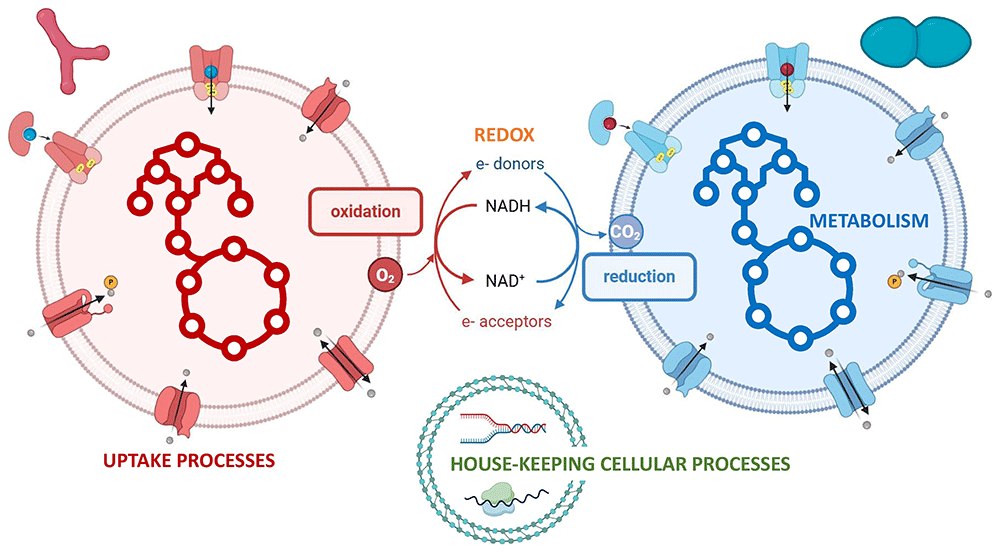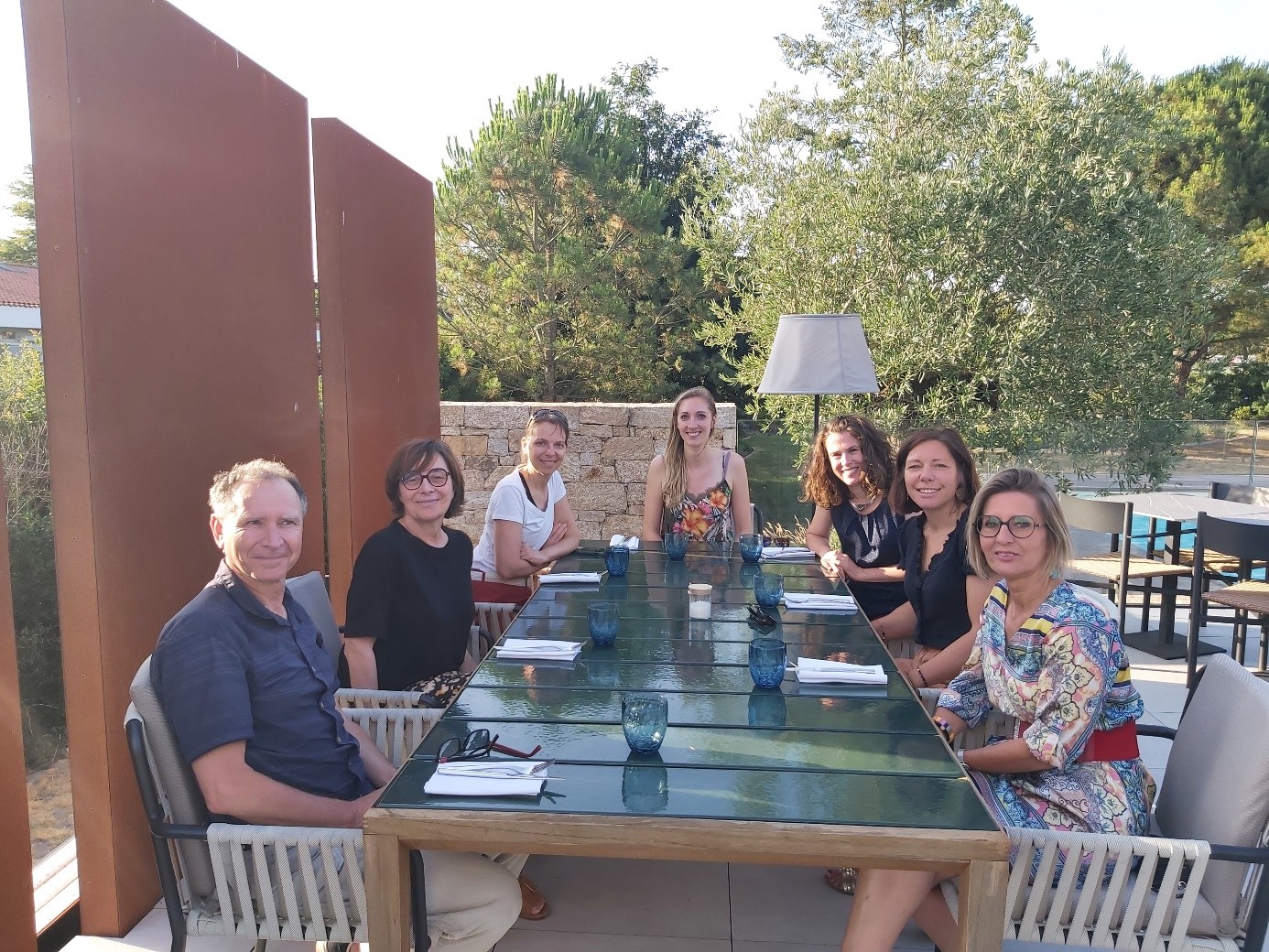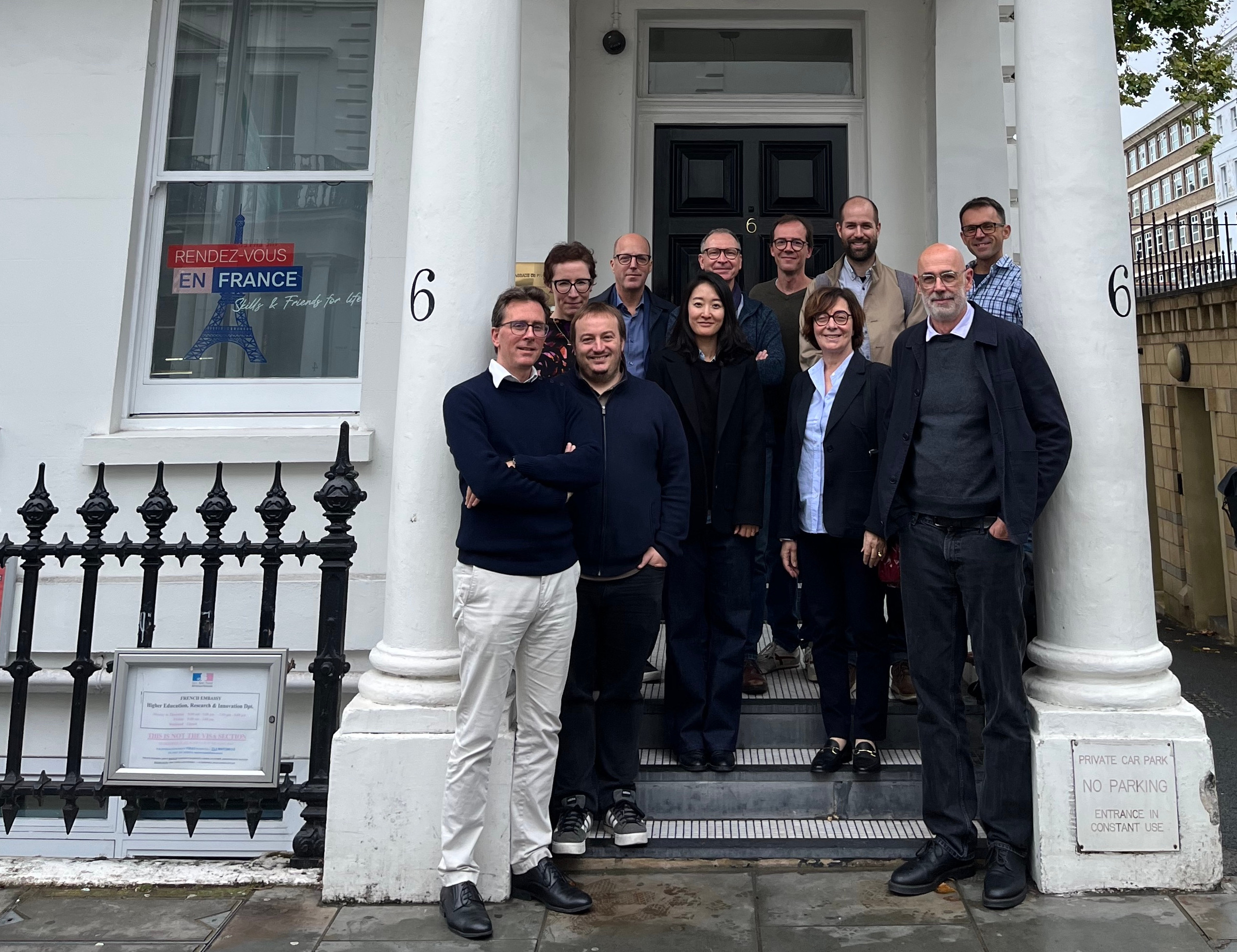Published: Feb 29, 2024 by FME Lab
The recent ‘Metabolomics and Fermented Foods’ seminar organized by the Netherland Metabolomic Centre and held at the Danone Nutricia Global Research & Innovation Center in Utrecht was a melting pot of groundbreaking ideas and discussions, delving deep into the intricate relationship between metabolomics, fermented foods, and gut health. Esteemed experts like Paul Cotter, Guus Roeselers, Barbara Koroušić Seljak, and others shared their invaluable insights, providing attendees with a comprehensive understanding of this dynamic field.
Julien shed light on the critical role of the gut microbiome in human health. He emphasized that while diet and lifestyle are significant, the resilience of the microbiome is pivotal in maintaining its structure over a person’s lifetime. His research, involving the analysis of 35,000 human gut microbiome samples, revealed that the microbiome operates in a branching structure, influencing the dynamic interplay between different states.
Julien underscore how effect fermented foods in promoting gut health might depend on gut microbiome states. In addition, using preliminary data from SynthPlex and MetaSimFood, he showed that the interaction between the strains in fermented foods and the metabolites in the food matrix is complex, suggesting that the potential benefits of fermented foods require further exploration.
Slides from Julien’s talk are available here: https://hal.inrae.fr/hal-04489205



